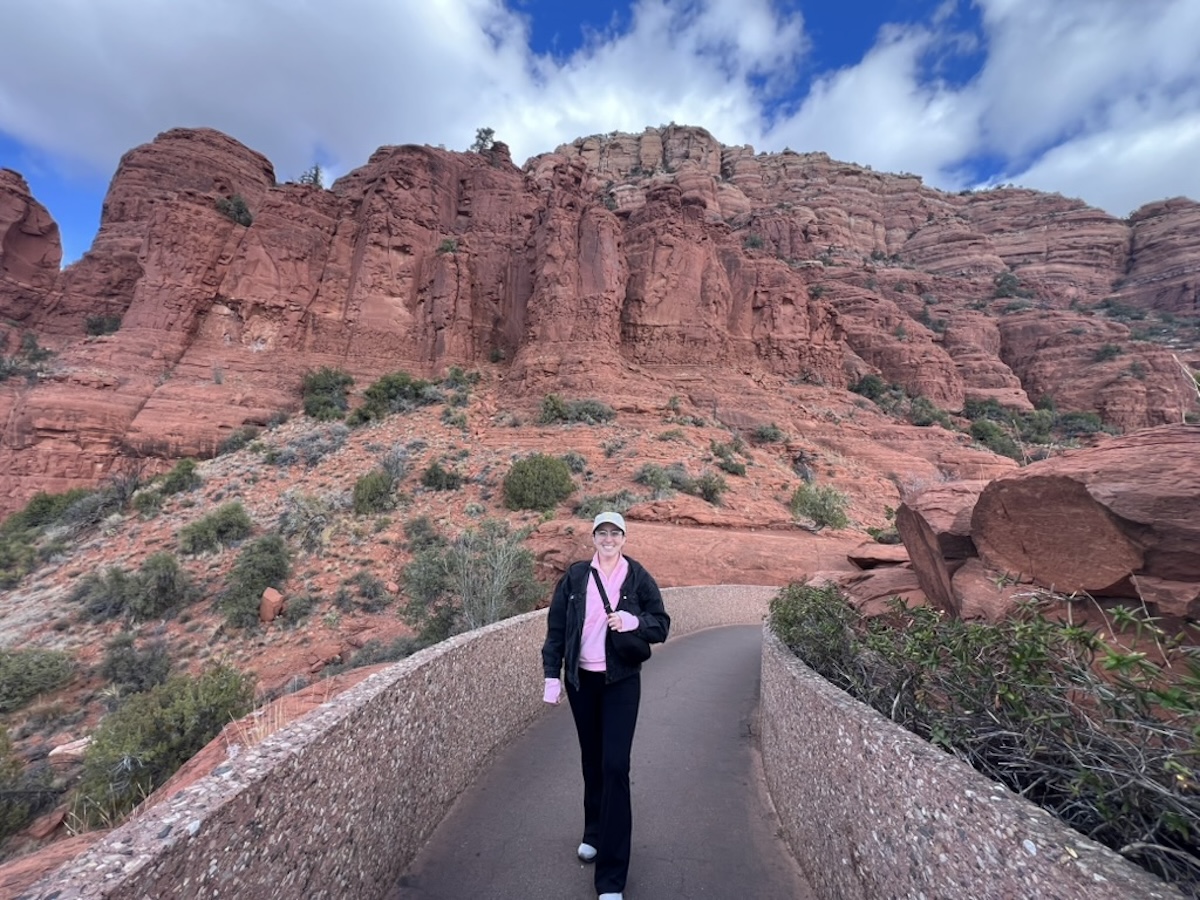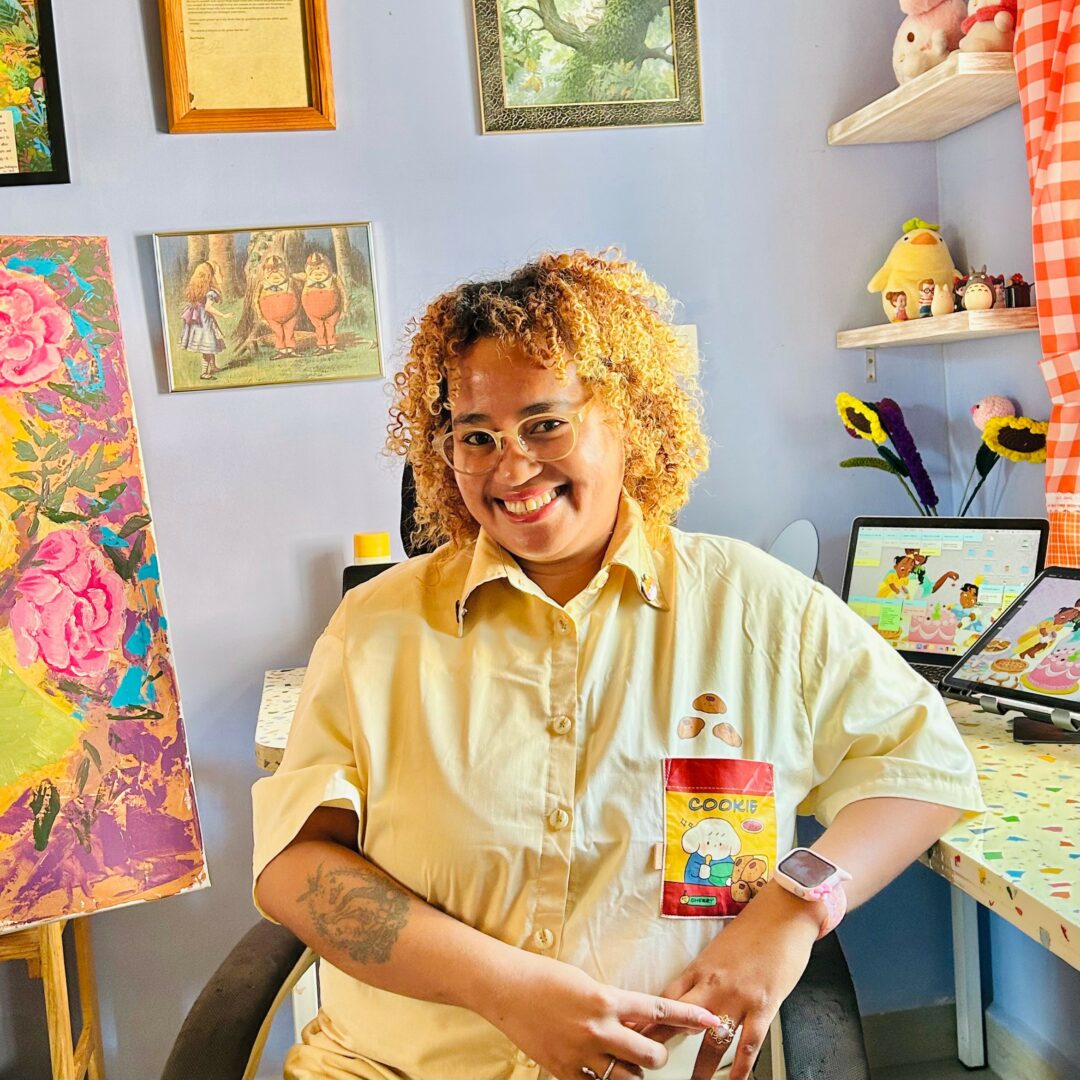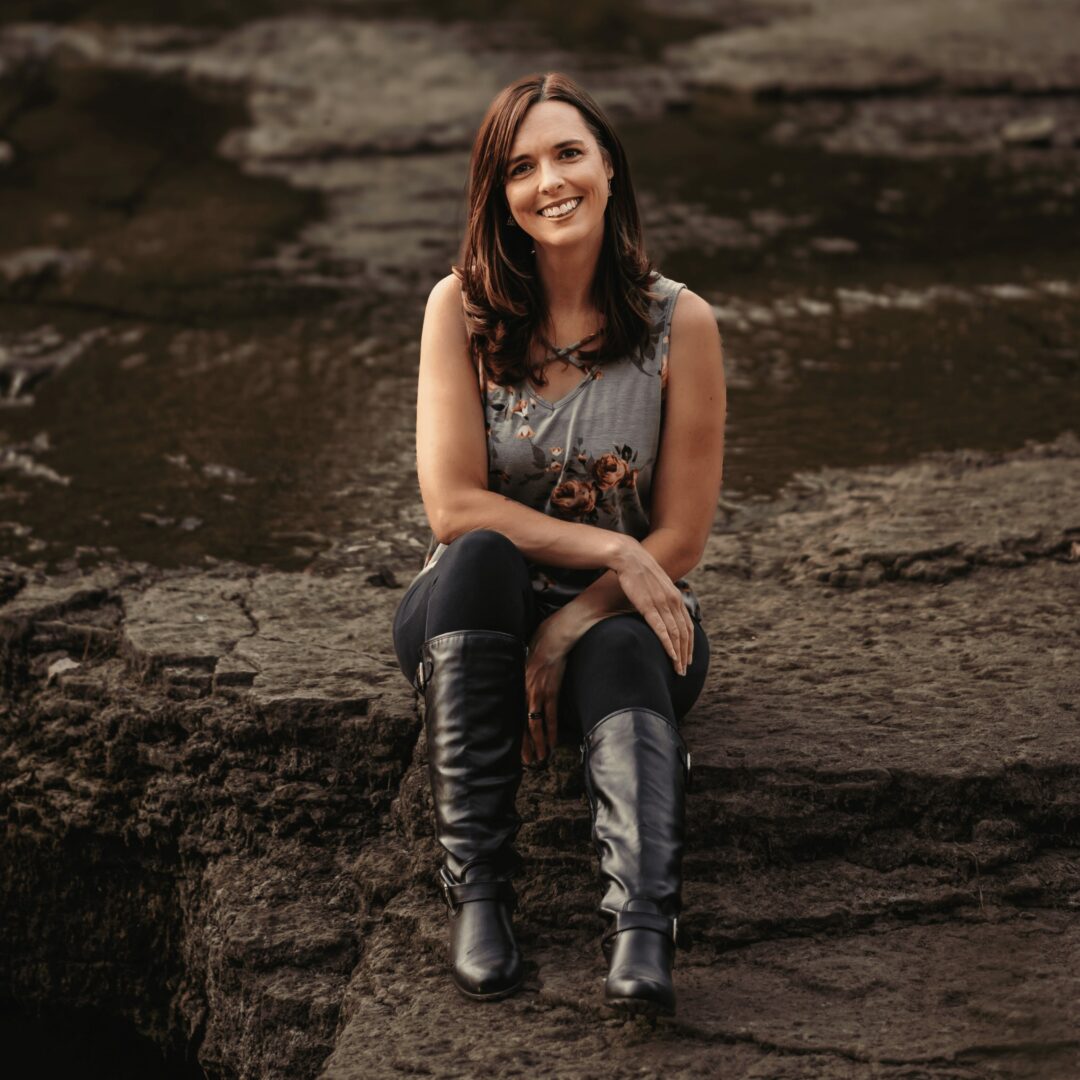We caught up with the brilliant and insightful Hannah Sward a few weeks ago and have shared our conversation below.
Hi Hannah , appreciate you sitting with us today to share your wisdom with our readers. So, let’s start with resilience – where do you get your resilience from?
The life of a writer is one of rejection. “Your father was the king of rejection,” my mother told me.
Through example, he taught me resilience.
As a writer, you have to be resilient. All the submissions, rejections, drafts, and more drafts only to send out a manuscript and have it turned down dozens of times. I queried over 100 agents before I got a response.
When my resilience waivers, as it inevitably does, I think of my father. I also think of all the authors that have come before me and the ones who inspire and keep me going today. The writers who have shared vulnerably with me about their frustrations, disappointments, and their victories. Whether that’s internal or external.
The biggest obstacle to my own resilience has been comparing myself to other authors. To compare is to despair. When I do that, I am not honoring my own path. I am not in gratitude. I think I should be somewhere else, further along. Being grateful for what I have in my life today and looking back at how far I’ve come, that is part of being resilient.
Let’s take a small detour – maybe you can share a bit about yourself before we dive back into some of the other questions we had for you?
I am the author of STRIP: A Memoir which came out over a year ago. Perhaps it’s helpful to start out with what the book is about.
‘BORN IN THE BOHEMIAN SEVENTIES, Hannah Sward was abandoned by her mother and lived with her poet father on an island with no stores or cars. Kidnapped and molested by a stranger at age six, she grew up to be a stripper and a prostitute with a taste for crystal meth—which seemed to be a sure-fire way to lose weight—with stops along the way for silent gurus, sugar daddies, and drinking in the CVS bathroom before therapy sessions. Painstakingly honest, often humorous, Strip is a heartfelt memoir revealing a woman’s journey from innocence to a dark existence, and beyond it to a world of empowerment.’
It took me ten years from writing it to finding a publisher. I was 51 when it came out. A testament to pursuing dreams at any age. But I digress. As challenging as bringing a book out into the world was, I’ve been very fortunate. STRIP has won several book awards and continues, a year after publication, to be receiving attention. As a small press first time author I have a lot to be grateful for. Which I am.
The past year has been all about promoting Strip. Even though it’s been out over a year, things are just now winding down. I’m very grateful and proud that STRIP has kept its momentum for as long as it has. Up until a couple of months ago I was in a place of transition. It was very challenging. Letting go and moving on to new projects. However, something has shifted. I’m in a place now where I feel excited about writing again. And unexpected opportunities have been presented. Like an essay in the LA Times where I had never thought to submit to before and an acceptance letter to the New York Times Tiny Love Stories. Beyond that I am working on a collection of short stories about love, jealousy, and affairs.
Aside from my own writing, I absolutely love supporting other writers whether professional or those who know they have a story to tell but they just can’t seem to get the words on the page. That is something that has come to me organically, coaching writers. To get to hold space, to support, nourish and help hold a person accountable from the beginning of a story or an essay or whatever it may be, until that story is complete. To see words come alive on the page and to help someone write the story they never thought they could write, that is a gift.
If you had to pick three qualities that are most important to develop, which three would you say matter most?
Perseverance. Discipline.
Having a voice.
Advice? Write because you can’t not write. Don’t think about publication, money, prestige. Write as if no one will ever read what you are writing. Write the thing that scares you. Take writing workshops, join a writing group, consider working with a writing coach, read all you can, get involved in the literary community, go to readings. And most of all write no matter what.
Thanks so much for sharing all these insights with us today. Before we go, is there a book that’s played in important role in your development?
There are two books. Both are books on writing.
Writing Down the Bones by Natalie Goldberg and Bird by Bird by Anne Lamott
-write a sh*tty first draft
-journal every day
-Remember that publication won’t fix anything, that is an inside job. There may be a little applause once in a while but that eventually fades and you are back to the blank page with yourself.
Contact Info:
- Website: hannahsward.com
- Instagram: @hannahswardauthor
- Facebook: hannahswardauthor
- Other: https://a.co/d/bYw9Cut Amazon Link to Purchase a copy of Strip





Image Credits
taylorswift_as_books Jad Najjar




